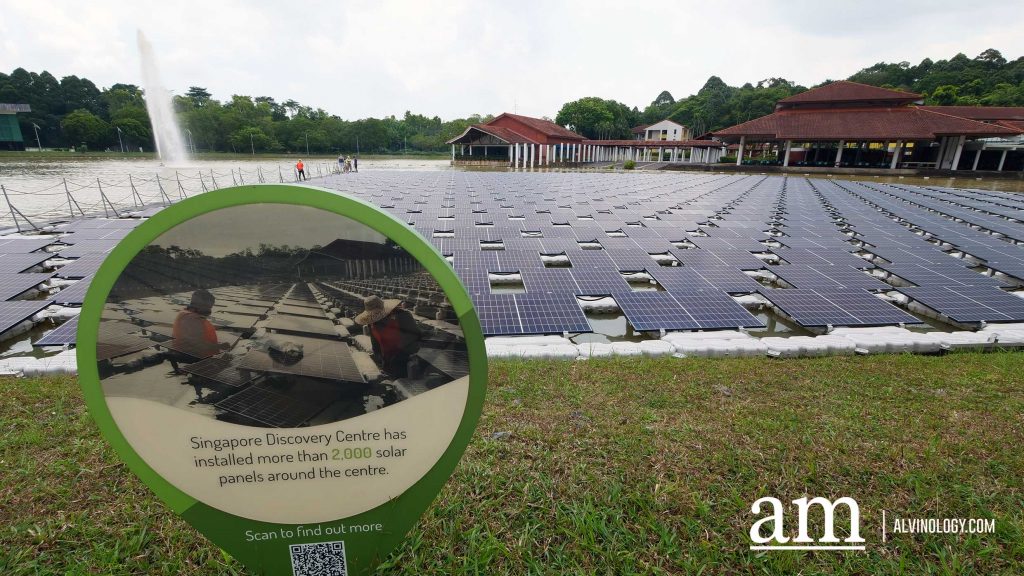Car accidents can be extremely stressful, and this stress only worsens when you’re the victim of a hit-and-run accident. In a normal car accident, you make sure everyone is alright, move the vehicle out of the way if possible, call the police, etc., but a hit-and-run may leave you confused about your next steps to take and anxious about your future finances.
This article is here to ease your worries by providing information about hit and runs and some ideas for the next steps you should take. We’ll answer many of your questions, from what they even are to whether or not you need a lawyer after a hit and run accident.
What is a Hit-and-Run Accident?
A hit-and-run accident is when a vehicle hits something, such as a building or another car, and leaves the scene without providing contact information. When you imagine one of these accidents, you probably imagine one person driving, turning, or pulling out of a parked spot, getting hit, and then being left with only confusion and anger as the offending driver speeds away.
While this is how some accidents occur, not all of them happen this way. You may be away from your car when it’s hit, like if a car hits yours in a parking lot. You could be backing out of your driveway when a vehicle hits your rear before driving off. The situations in which a hit-and-run can happen are far too numerous to list here, so don’t be concerned if the situation you have found yourself in doesn’t match any of the provided descriptions.
Hit and runs can have some major consequences based on the laws of the state in which they occur. In some, leaving the scene of the accident is a misdemeanor, while others classify it as a felony. Either way, the driver who left the scene will have to pay a hefty price should they ever be found.
What are Your Next Steps?
If you’re involved in a hit and run accident, the next steps you take are crucial, since doing the wrong thing here could result in further injury or hefty fines. The first thing to do is call 911 if someone is injured or you witness the accident. While you wait for first responders, do what you can to help. If someone is injured and you can safely reach them, try and stop any bleeding.
Don’t move them unless they are in danger as moving them could cause further injury, especially if there is a broken or dislocated bone or if the spine is injured in any way. Once everyone is as safe as they can be, start gathering information. Ask people if they saw any details of the vehicle that left and try to obtain their contact information.
If a court case is able to be filed, their testimony may prove invaluable to the victims. The make, model, and color are good places to start though the best piece of information is the license plate. Once the police arrive, tell them everything you saw and know. If the accident occurred in a parking lot, near a business, or in a neighborhood, then a security camera of some form may have caught the incident.
Will Your Insurance Cover Your Costs?
Once you know help is on the way and every injured party is safe, it’s time to consider what coverage your insurance provides. If you can track down the driver who fled the scene, then your insurance can hash it out with theirs. If not, then you need to consider the two major policies that apply to this situation: bodily injury and property damage coverages.
Bodily injury insurance has two specific types of policies you’ll need to consider to see how well covered you are: medical payments or personal injury protection and uninsured motorist bodily injury. Med pay or PIP policies will cover your injuries no matter which party is found to be at fault in an accident, which makes it an imperative policy to have.
The UMBI policy is intended to help you cover costs when you get into an accident with an uninsured driver, so it may seem strange to include at first. However, a hit-and-run driver who flees the scene is considered an uninsured motorist, which makes you eligible to be protected by this policy.
Property damage coverages are very similar to bodily injury ones. There is one policy to help you cover the costs no matter who is at fault, usually called “collision” coverage, and uninsured protection called uninsured motorist property damage or UMPD. While your state likely requires bodily injury and property damage insurance, the uninsured policies aren’t always required and may not be available to you in some states.
When Should You Hire a Lawyer?
When you should hire a personal injury attorney will vary based on your case, though it’s important to note that there is no set date on when one should be hired. If the party who fled the scene of a hit and run is located and you wish to pursue a case against them, this is when you should hire an attorney.
In this scenario, they will review the details of your situation, determine how much you should seek in damages, and be by your side every step of the way, from filing to either reaching a settlement or a verdict in a courtroom. If you’re unable to find the other driver, then you should consider hiring an attorney as you begin to contact your insurance. Your lawyer will have your back and not only get you all for the money you may need but will also fight to get it to you as quickly as possible.
The most important thing to know about any car accident is to not flee the scene. The only exception is when your vehicle is still drivable and someone’s injured badly enough that you drive them to the nearest hospital yourself, which isn’t readily advisable. However, leaving the scene of the accident for any other reason could result in you being hit with fines.












